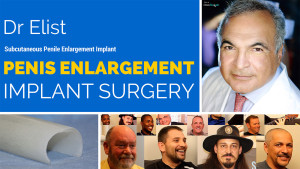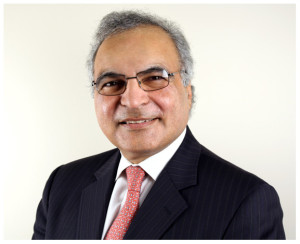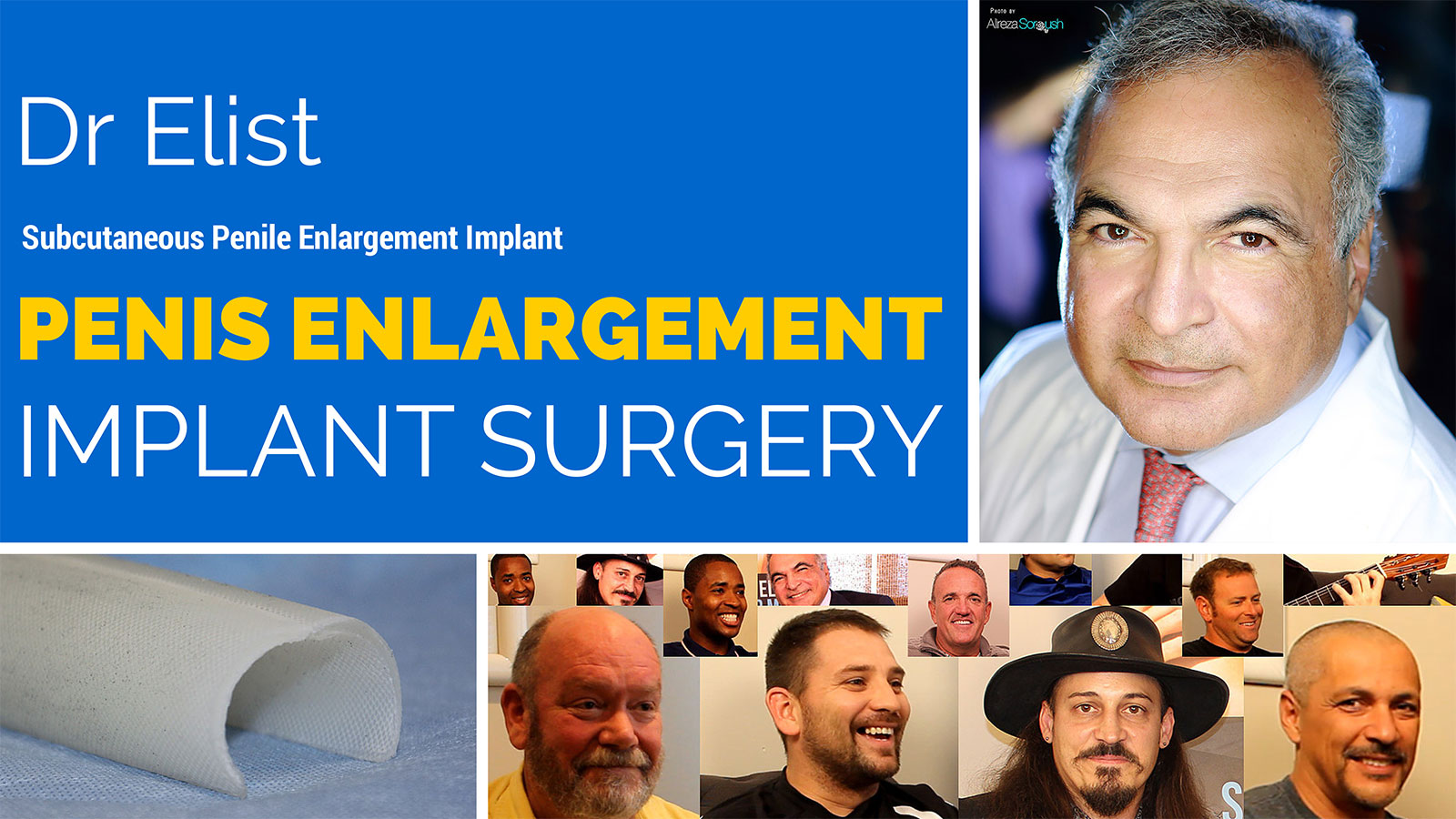Penile Augmentation Surgeries
It is righteous and factual to state that various products available over the internet to augment the size of penis are a waste of time, energy and money. The primary treatment options that are available to increase the size of the penis are broadly classified into two categories:
- Non-surgical or conservative treatments, which includes herbs, drugs or traction
- Penile augmentation surgical treatments
Conservative Treatments for Penile Augmentation
Pharmacological and herbal medications have been tried and tested for penile enlargement since the beginning of times. Needless to say that unfortunate men have also been exploited for years due to stigma attached to a small-sized penis and more so because it provides a favourable ground for thugs and scammers to take advantage of such men.
Fortunately, besides the scams and hazardous products, there are several statistically medical proven medical treatments that are known to resolve this issue.
- Vacuum device
- Attaching weights to the penis for traction purposes
- Magnetic or electrical stimulation of penis
- Hormonal therapy with testosterone/steroids
- Herbal remedies
A lot of authentic and reliable evidence is unavailable to support the role of the above mentioned penile augmentation strategies; however, you can always obtain transient (or short-term) benefits with these methods. Most privately managed clinics and quacks falsely trap individuals by claiming promising results after the non-surgical interventions.
Penile Augmentation Surgeries
Most men can benefit from surgical treatment especially individuals with micropenis (very small-sized penis). However, like most surgical procedures, there are a number of potential risks and concerns. Surgery is indicated for males in following conditions:
- Congenitally shortened penis i.e. <2.5 inches (7cm) when erect or 1.5 inches (4cm) when flaccid is clinically defined as micropenis
- Post-operative complications of certain procedures (such as resection of penile tumor or Peyronie’s disease)
- History of traumatic injury to the penis
Aesthetic improvement surgery for the penis was first described in 1990s in the United States. According to reputable sources, despite fairly high rate of penile augmentation surgeries across the globe, the outcomes of the procedure in terms of benefits and long-term complications are not entirely known.
Types of Penile Augmentation Surgeries
 The most common technique to augment penile length is referred to as phalloplasty or penoplasty. It is imperative to mention that the exact technique is dependent on several factors; such as:
The most common technique to augment penile length is referred to as phalloplasty or penoplasty. It is imperative to mention that the exact technique is dependent on several factors; such as:
- Indication of the surgery
- Patient expectations
- Degree of damage to the penile tissue
Most common cosmetic technique involves severing the suspensory ligament of penis and attaching extra skin to increase the length. The outcomes are very difficult to interpret, mainly because of the nervous and vascular complexity in the region. Research suggests that division of suspensory ligament alone provides an addition of 0.5 cm to the length of penis. Conversely, length is increased can be increased by up to 1.6 cm via skin attachment.
Suspensory ligament aids the penile shaft to stand erect during a sexual encounter; however, severing the ligament may affect the individual’s capacity to achieve a normal erection.
Additionally, penile implants can also be used in situations where major part pf penile tissue is damaged/ irreparable.
Increasing Penile Girth (Thickness)
It can be performed alongside length augmentation procedure and there are two primary approaches; such as:
- Injecting fat taken after liposuction into the fascia of dartos present beneath penile shaft skin. The fat can be obtained from abdomen or thigh.
- Placement of dermal grafts and adipose tissue (fat) in the shaft of the penis taken from groin or buttocks.
The outcomes may be very discouraging after injection of liposuctioned fat. As much as 90% of the fat vanishes within a year. Comparatively, grafts have better results but are never documented or studied on a long-term basis. It is, therefore, safe to assume that penile augmentation surgery should be considered if the risks and complications associated with the procedure outweigh the potential benefits and outcomes.
Complications Following Penile Augmentation Surgeries
 Hemostasis (control of bleeding) is a challenge since penis is highly vascular structure. Hematoma formation is a common complication if surgery is performed in inexperienced hands. Same is true for infection, which is a likely complication. Few other risks besides infection and bleeding are discussed below:
Hemostasis (control of bleeding) is a challenge since penis is highly vascular structure. Hematoma formation is a common complication if surgery is performed in inexperienced hands. Same is true for infection, which is a likely complication. Few other risks besides infection and bleeding are discussed below:
- Scrotalisation of the penis which gives penis a look as though its origin is from the scrotum rather than abdomen.
- Presence of dog ears
- Sloughed off skin of the lengthened area mainly due to avascular death
- Loss of girth change due to resorption of adipose tissue (fat)
- Nodular appearance due to irregular fat resorption.
 Methods to Increase Both Length & Girth
Methods to Increase Both Length & Girth
Dr. James Elist, a urologist and surgeon, has developed a silicone implant for penile augmentation that is far ahead of it’s time in terms of medical effectiveness, as well as patient comfort and satisfaction. Most importantly, “Elist Silicone Implants” are the only such implants with 510K clearance for penile enhancement. Results with the Elist implant are permanent and effect both length and girth in the flaccid and erect state. It requires no weights or confusing vacuums for months upon months post-operatively, or remembering to take a pill everyday. Once you have the operation, you will have the results forever (or as long as you would like them, as it is reversible). The penile augmentation implant does not expire or require replacement, and will not deteriorate, disintegrate or rupture and float to other parts of the penis or body.
[video_embed video=”087WmQVkd9E” width=”700″ height=”400″]
References:
- Shaeer, O., & Shaeer, K. (2012). Impact of penile size on male sexual function and role of penile augmentation surgery. Current urology reports, 13(4), 285-289.
- Elist, J. J., Shirvanian, V., Hosseini, A., & Mirgoli, O. (2014). Blunt Trauma to the Penis Post Penile Augmentation Surgery: Case Report. Open Journal of Urology, 4(11), 132.
- Veale, D., Miles, S., Read, J., Troglia, A., Carmona, L., Fiorito, C., … & Muir, G. (2015). Phenomenology of men with body dysmorphic disorder concerning penis size compared to men anxious about their penis size and to men without concerns: A cohort study. Body image, 13, 53-61.


